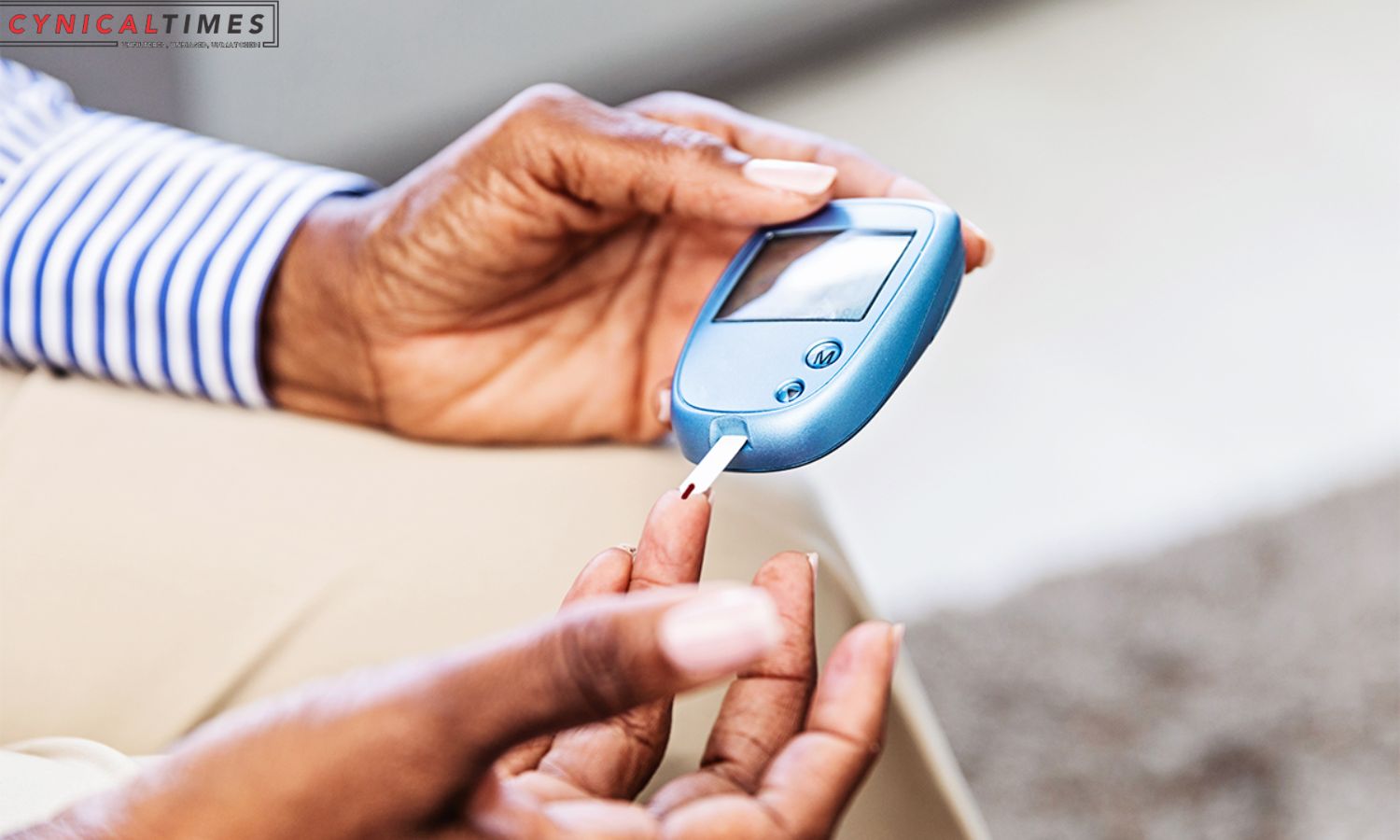Link Between Diabetes and Cardiovascular: In the realm of health, the intertwining paths of diabetes and cardiovascular diseases (CVD) create a complex landscape, where each condition influences and shapes the other. Dr. Varun Bansal, Consultant in MICS and Robotic Cardiac Surgery at Indraprastha Apollo Hospitals, emphasizes that diabetes, with its characteristic metabolic disturbances, establishes a significant link with CVD.
The intricate dance begins with individuals with diabetes exhibiting elevated levels of blood glucose, insulin resistance, and dyslipidemia. These factors collectively contribute to endothelial dysfunction and inflammation, setting the stage for the progression of atherosclerosisa hallmark of CVD. Atherosclerosis, marked by the accumulation of plaques within arterial walls, serves as a common precursor to conditions such as coronary artery disease, peripheral arterial disease, and cerebrovascular disease.
Diabetes, as a metabolic disorder, plays a pivotal role in affecting cardiovascular health by increasing the risk of complications. Dr. Priyamvada Tyagi, Consultant Endocrinologist at Max Super Speciality Hospital, Patparganj, delves into the impact on the cardiovascular system as diabetes tightens its grip. High blood sugar levels associated with diabetes can lead to atherosclerosis, where plaque buildup in the arteries causes narrowing, posing a heightened risk.
The compromised blood vessels become a breeding ground for hypertension and dyslipidemia, triggering a cascade of events that conspire against heart health. The heart, resilient yet vulnerable, succumbs to the strain, elevating the risk of heart attacks and strokes. Conversely, the struggles within the cardiovascular system exacerbate diabetes, impairing blood flow that hampers insulin delivery and aggravates glucose intolerance.
Understanding this intricate relationship underscores the importance of holistic management. Lifestyle modifications, meticulous blood sugar control, and cardiovascular vigilance emerge as protagonists in this narrative, striving to break the cycle of mutual detriment. Dr. Varun Bansal and Dr. Priyamvada Tyagi’s insights shed light on the complexities, emphasizing the need for a comprehensive approach to navigate the intricate dance between diabetes and cardiovascular health.
Also Read: More Infectious Monkeypox Strain Spreading in Congo
Our Reader’s Queries
What is the link between diabetes and cardiovascular disease?
Prolonged high blood sugar levels can harm blood vessels and nerves that regulate the heart. Individuals with diabetes are at a higher risk of developing other health conditions that can increase the likelihood of heart disease. High blood pressure, for instance, can elevate the pressure of blood flowing through arteries and cause damage to artery walls.
How do you know if diabetes is affecting your heart?
For those with prediabetes or type 1 or type 2 diabetes, it’s crucial to recognize the signs of heart disease. These symptoms may include experiencing shortness of breath, fainting or nearly fainting, and fluttering sensations in the chest. Being aware of these warning signs can help individuals take proactive steps towards managing their health and preventing potential complications.
How does type 2 diabetes cause heart failure?
Diabetes mellitus can have a significant impact on heart failure. This is due to the accumulation of advanced glycation end products, oxidative stress, and inflammatory status impairment. Additionally, there are changes in microRNAs expression, decay of intracellular calcium, and atherosclerosis progression that can worsen the condition. Coronary artery disease is also a factor that can contribute to the development or worsening of heart failure in those with diabetes.
Does high A1c affect your heart?
Elevated hemoglobin A1c (HbA1c) levels are linked to a higher risk of cardiovascular disease (CVD) in both diabetic and non-diabetic individuals. However, there is limited data on the connection between low HbA1c levels and CVD risk in people without diabetes.

